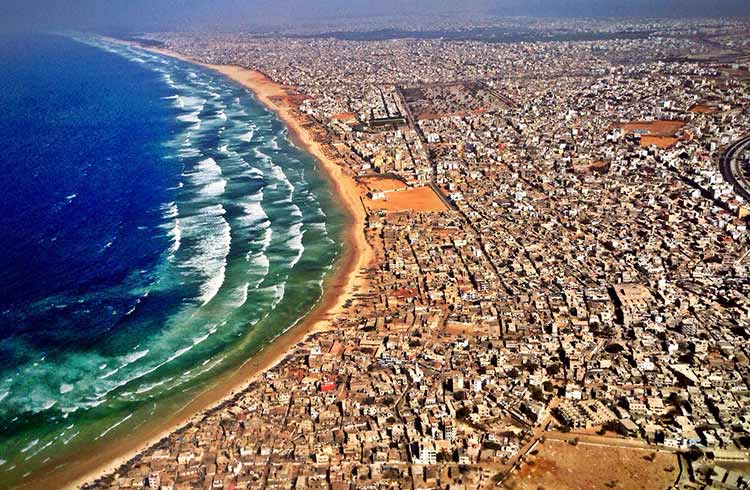Transport, Health and Local Laws in Cote D'Ivoire
Go prepared with these travel safety tips for Cote D'Ivoire, from driving to local laws and health hazards, this is what you should know before you go.
 Photo © Getty Images/Stefano Gentile / EyeEm
Photo © Getty Images/Stefano Gentile / EyeEm
Transport in Cote D'Ivoire
The road system is generally good but deteriorating. Driving conditions can be slow and hazardous due to frequent military check-points and roadblocks throughout the country, poorly maintained and unlit vehicles and extremely poor driving skills.
Temporary roadblocks can be imposed without warning throughout Abidjan, which you should respect and seek an alternative route to your destination.
Flooding can occur during the rainy seasons and roads often become impassable during these periods.
Take precautionary measures if you intend to travel anywhere off the beaten track. Despite the UN presence in the west of the country, armed militias are present in many areas.
Some access roads to major towns are closed from midnight to 6am. This applies to the western approach road to Abidjan, Yamoussoukro, San Pedro and all other major towns in the south. Seek local advice about whether a "corridor" or "secured route" is in operation. Checkpoints will be more rigorous at night and you should avoid attempting to pass through after dark.
Be aware that grass or leaves strewn across the road often means an accident or other hazard ahead. Road quality can vary considerably and broken down vehicles may be almost invisible after dark. Many vehicles driving on rural roads will not have working head or tail lights.
Local laws and customs in Côte d'Ivoire
There are conservative standards of dress and behavior in Côte d'Ivoire and you should take care not to offend.
Homosexuality is not a crime and is generally tolerated. However, if a formal complaint is made to the police, charges may be laid on the basis of solicitation, being a public nuisance or "behaving contrary to accepted standards of behavior".
Penalties for the use of illegal drugs include imprisonment
It is prohibited to take photographs near sensitive installations, including military sites, government buildings such as the radio and television stations, the Presidency building, the airport and the De Gaulle and Houphouet-Boigny bridges in Abidjan
Health and vaccinations required for Côte d'Ivoire
Outside the capital Abidjan, medical facilities are very limited. Medical treatment of a reasonable standard is available in Abidjan, but it can be expensive, and emergency facilities are limited to a few major hospitals.
Serious medical conditions would require a medical evacuation. The rate of HIV/AIDS infection in Côte d'Ivoire is high.
Malaria and other tropical diseases are common as are water-borne, food-borne and other infectious diseases (including cholera, yellow fever, hepatitis, meningitis and tuberculosis), with more serious outbreaks occurring from time to time. It is advisable to boil all drinking water (for at least three minutes) or drink bottled water, and avoid ice cubes and raw and undercooked food. Do not swim in fresh water to avoid exposure to certain water-borne diseases such as bilharzia (schistosomiasis).
A valid Yellow Fever Vaccination Certificate is required for entry into Côte d'Ivoire and you should seriously consider the following vaccinations prior to travel:
- Hepatitis A and B
- Typhoid
- Meningococcus
- Malaria
- Rabies
- Check your booster shots are up to date for Measles, Mumps and Rubella (MMR) and Tetanus-Diptheria.
Simple and flexible travel insurance
You can buy at home or while traveling, and claim online from anywhere in the world. With 150+ adventure activities covered and 24/7 emergency assistance.
Get a quote
No Comments